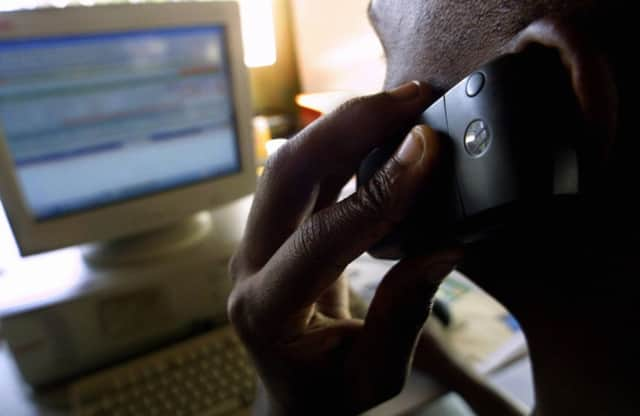Chris Marshall: Surveillance laws of little effect


His conviction was secured with the help of the Regulation of Investigatory Powers Act (Ripa), which allowed police to record conversations he had with clients. It was argued that the use of the legislation went against legal professional privilege – the protection under which lawyer-client communications remain confidential.
But the law lords disagreed, ruling surveillance could be carried out where discussions were for the “furtherance of crime or fraud” under what they called the “iniquity exception”.
Advertisement
Hide AdAdvertisement
Hide AdYesterday the Scottish Parliament’s justice committee backed measures to revise the code of practice relating to surveillance under the Regulation of Investigatory Powers (Scotland) Act, effectively tightening safeguards.
Legal affairs minister Paul Wheelhouse told MSPs the changes would not result in further powers. He said he was confident the Scottish approach was “appropriate” and compliant with the European Convention on Human Rights.
CONNECT WITH THE SCOTSMAN
• Subscribe to our daily newsletter (requires registration) and get the latest news, sport and business headlines delivered to your inbox every morning
The Faculty of Advocates, which has raised concerns over surveillance, said the measures introduced would lead to a “significant improvement”.
But James Wolffe QC, dean of the faculty, questioned whether boundaries had been drawn “sufficiently tightly” that only in cases where the iniquity exception clearly applied should there be any allowance for surveillance.
While the Scottish Government has sought to provide reassurance over the legislation, the reality is that national security remains a reserved matter.
Should UK agencies decide to carry out surveillance in Scotland under Ripa, rather than the Scottish legislation, there is little Holyrood can do about it.
The controversy over Ripa took on a new dimension last year when it emerged the police had used the act to obtain journalists’ phone records while investigating two high-profile cases; the so-called “Plebgate” affair and the case against former Lib Dem MP Chris Huhne, who admitted perverting the course of justice by allowing his ex-wife to take his speeding points. Freedom of Information requests to establish how many requests of this nature have been made have been repeatedly rejected.
Advertisement
Hide AdAdvertisement
Hide AdCurrently, any request by police to carry out “intrusive” surveillance must be made to the independent Office of Surveillance Commissioners. According to Scottish Government ministers, there is no way of knowing how many such requests have been made.
It all points to a worrying set of affairs for lawyers and journalists, but also for the public at large, who seemingly have no way of knowing who is listening to them and when.
SCOTSMAN TABLET AND IPHONE APPS